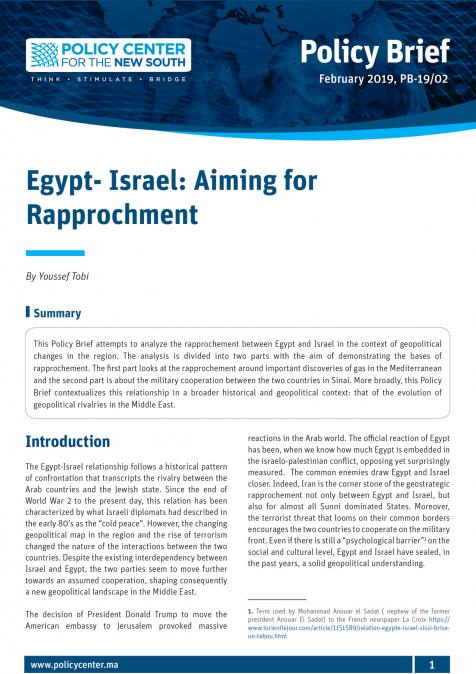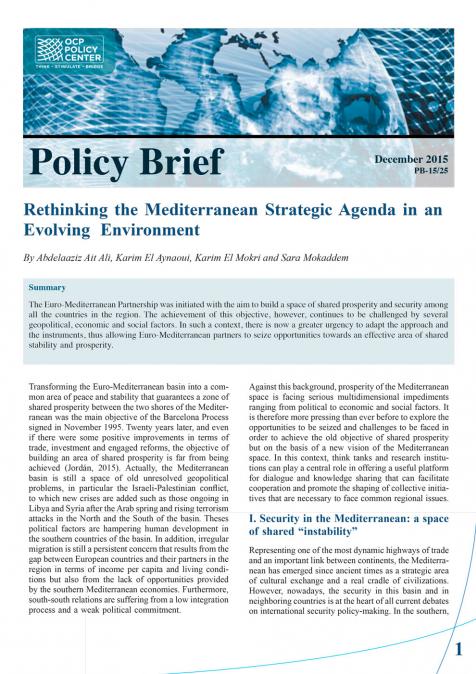Podcasts
Middle East Security Landscape
Related topics:
The Middle East has always been a region of interest to both the media and policymakers in foreign affairs, but recent developments have brought it even more to the forefront of global attention. These developments have highlighted the significant transformations that the region's polities and societies have undergone in recent years. As states in the Middle East become more assertive, they are displaying a strong will to implement their own foreign policy vision and defend their national security interests based on their own perceptions of threats and challenges. This assertiveness has led to increased engagement in global diplomacy and power politics in unique ways. In addition, the ongoing conflict between Russia and Ukraine, as well as other recent events, have demonstrated how Middle Eastern states are pursuing strategic national autonomy amid open confrontation between a Western-supported European country and a permanent member of the Security Council in close proximity. Middle Eastern states are seeking to assert their independence and pursue their own foreign policy objectives, even in the face of powerful global actors. These developments reflect a growing trend toward greater self-reliance and autonomy among Middle Eastern states, as they seek to define their own destinies in an increasingly complex global environment.




